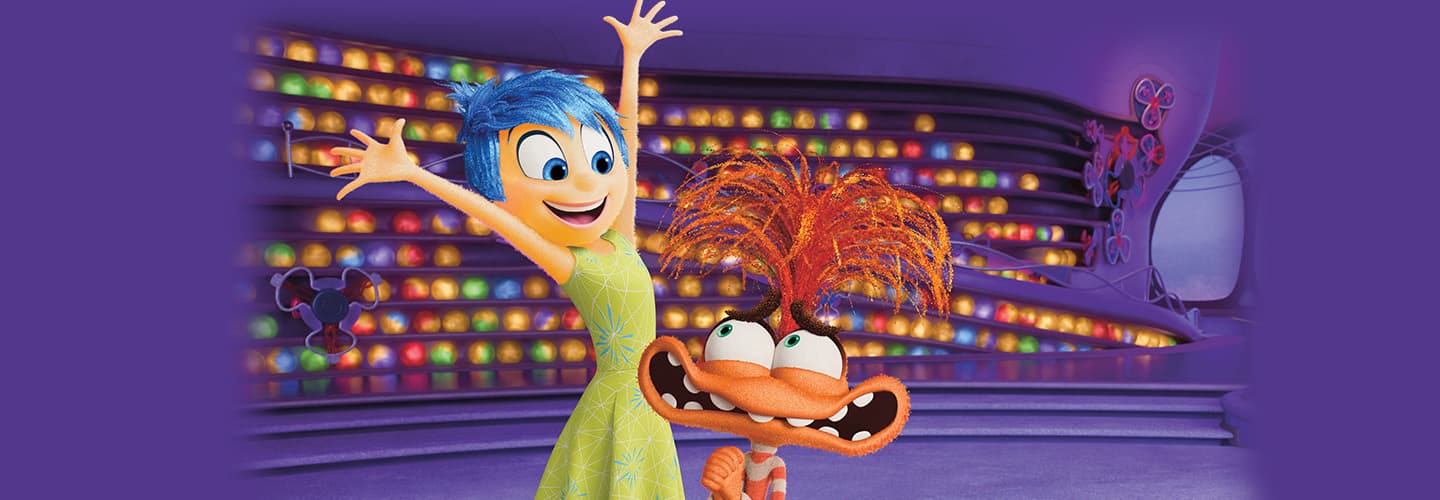Deborah Coleman/© 2024 Disney/Pixar. All Rights Reserved.
Michael Venturini uses software to animate the characters.
Life can be packed with emotions. You might feel joy, sadness, fear, anger, and embarrassment all in one day. No one knows that better than Riley from Inside Out 2. The Pixar movie, which hits theaters on June 14, is the sequel to 2015’s Inside Out. The new film follows Riley, now 13, as she tackles all the complicated feelings that come with growing up.
What should the characters that represent each of Riley’s emotions look like? That was the challenge faced by Michael Venturini, the movie’s animation supervisor. He spoke with Scholastic News about how he helped bring each emotion to the big screen.

